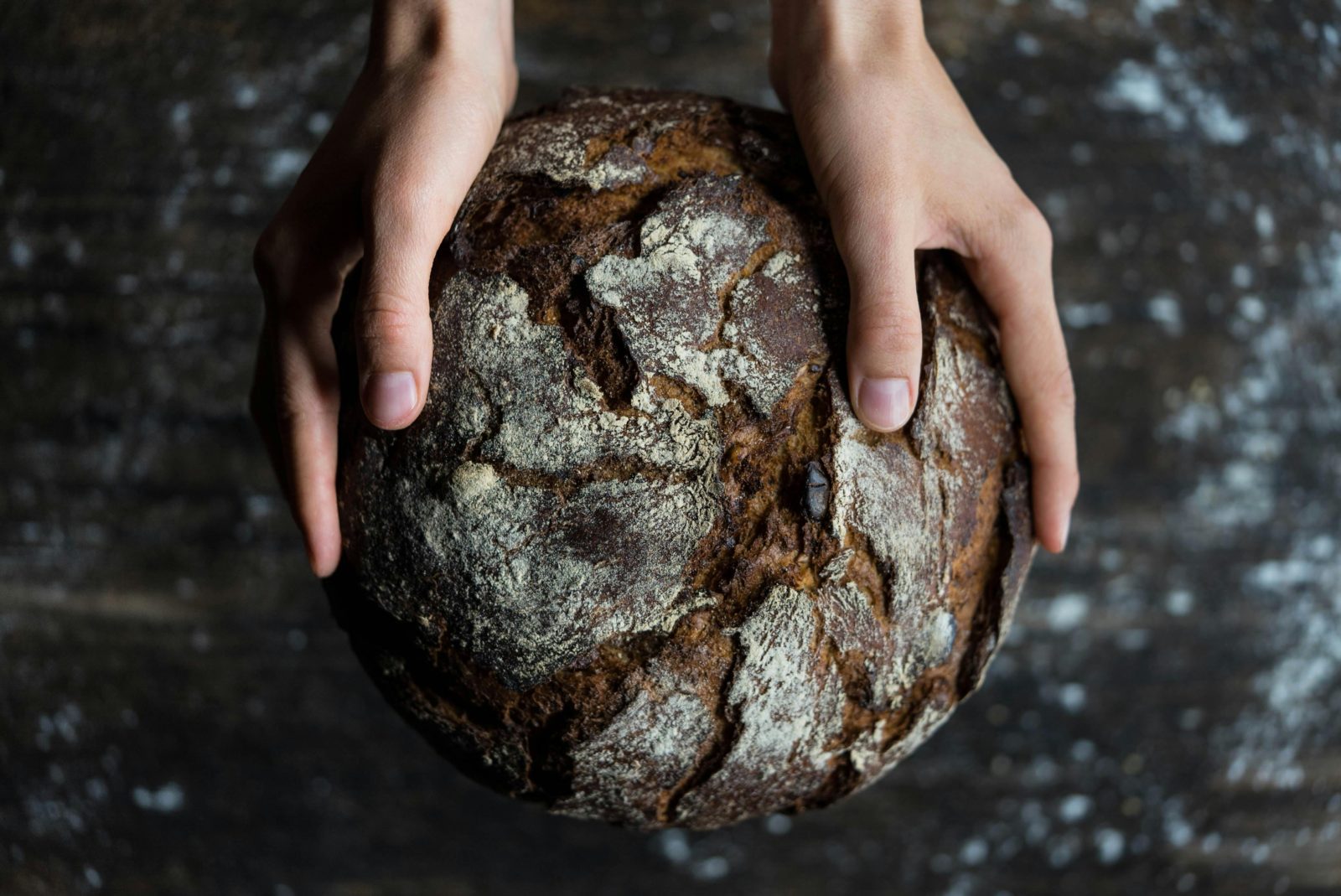Choosing the perfect loaf of bread involves considering its crust, porous crumb, aroma, and ingredients. While prices of basic bread from large bakeries are expected to remain stable despite a poorer grain harvest this year, the cost of artisanal bread can exceed 100 crowns per loaf. This is mainly due to the high cost of labour involved in its production.
According to the Czech Statistical Office, the average price of consumer bread at the end of 2023 was 44.30 CZK, and today, it is almost one and a half crowns less. This indicates a slight decline in the prices of basic baked goods. However, there has been increased demand for artisanal bread from smaller bakeries, where wages have risen the most.
Small and medium-sized bakeries, which rely heavily on manual labour, cannot compete with the cheapest bread categories found in supermarkets. These bakeries often raise wages to attract skilled bakers, as the country faces a long-term shortage of trained professionals. For example, Richard Kabát, owner of Kabát Bakery, mentioned that they had to increase prices by a few crowns due to higher labour costs and investments in new equipment.
When comparing bread from artisanal bakeries to supermarket offerings, the former tends to have fewer ingredients and is generally healthier and more digestible. For instance, an artisanal “Šumava” bread weighing 800 grams costs 83 crowns and is made from wheat flour, rye sourdough, salt, caraway seeds, and water. In contrast, a similar bread from a supermarket contains 12 ingredients, including corn grits and stabilizer E412, and costs almost half as much.
Its crust, aroma, and porous crumb structure are key to identifying high-quality fresh bread. The most crucial factor is its simple composition: flour, water, salt, and rye sourdough. Any additional artificial additives may extend the bread’s shelf life but degrade its overall quality. Special ingredients like seeds are exceptions.
Homemade bread is often baked for the joy, flavour, and quality it brings rather than for financial savings. For those who bake at home, the process involves several stages, including fermentation and baking, which can take anywhere from six to twenty-four hours. While it may not be economically viable when considering energy costs and personal time, the reward lies in the taste and satisfaction of creating something with one’s own hands.









